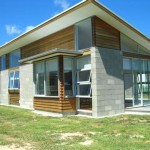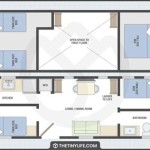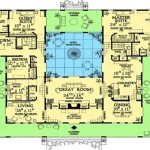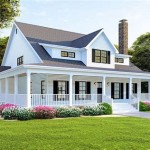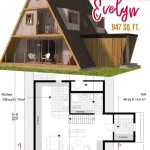Metal Buildings for Houses Plans
Metal buildings are becoming increasingly popular for residential construction due to their durability, cost-effectiveness, and energy efficiency. They offer a wide range of design options, making them suitable for various architectural styles and preferences. Here's an in-depth look at metal buildings for houses, including their types, advantages, and the process of creating and obtaining plans.
Types of Metal Buildings
There are two main types of metal buildings used for houses:
- Pre-Engineered Metal Buildings: These buildings are designed and manufactured off-site in a controlled environment. They are typically used for large-scale residential projects and offer faster construction times and lower costs than custom-designed metal buildings.
- Custom-Designed Metal Buildings: These buildings are designed to meet specific architectural requirements and can be customized to suit individual preferences. They are more expensive than pre-engineered buildings but offer greater design flexibility.
Advantages of Metal Buildings for Houses
Metal buildings provide several advantages for residential construction, including:
- Durability: Metal buildings are resistant to fire, rot, insects, and extreme weather conditions, ensuring longevity and low maintenance requirements.
- Cost-Effectiveness: Metal buildings are generally cheaper to construct than traditional wood-frame or masonry homes due to faster assembly times and lower labor costs.
- Energy Efficiency: Metal buildings can be highly energy-efficient when properly insulated and sealed, reducing heating and cooling costs.
- Environmental Sustainability: Metal is a recyclable material, making metal buildings more environmentally friendly than many other construction methods.
- Design Flexibility: Metal buildings offer a wide range of design options, allowing architects to create unique and modern architectural styles.
Creating and Obtaining Metal Buildings Plans
The process of creating and obtaining metal building plans involves several steps:
- Design: The first step is to design the metal building, which includes determining the size, shape, number of rooms, and any special architectural features.
- Engineering: Once the design is complete, an engineer will review and approve the plans to ensure structural integrity and compliance with building codes.
- Fabrication: The design plans are sent to a metal fabrication facility, where the metal components are manufactured according to specifications.
- Assembly: The metal components are then shipped to the construction site and assembled by trained professionals, resulting in the completion of the metal building structure.
Conclusion
Metal buildings offer a compelling alternative to traditional construction methods for houses. Their durability, cost-effectiveness, energy efficiency, environmental sustainability, and design flexibility make them an excellent choice for homeowners seeking a modern, low-maintenance, and environmentally conscious home. By understanding the types of metal buildings, their advantages, and the process of creating and obtaining plans, individuals can make informed decisions when considering metal buildings for their residential construction projects.

Metal House Floor Plans Steel Manufactured Homes Prefab How To Plan

Steel Home Kit S Low On Metal Houses Green Homes House Plans Kits Building A

Impressive Metal Building Home Plans 4 40x60 House Barndominium Floor

Steel Home Kit S Low On Metal Houses Green Homes House Plans Building

Image Result For 2 Story Metal Building Floor Plan House Plans Houses

Metal House Plans

Metal Buildings With Living Quarters Floor Plans In 2024

Containerhomess Com Metal Building House Plans Manufactured Homes Floor

Floor Plans For Metal Buildings Pict Of At Remarkable House P Building Pole Barn Barndominium

Metal Buildings With Living Quarters Floor Plans In 2024


